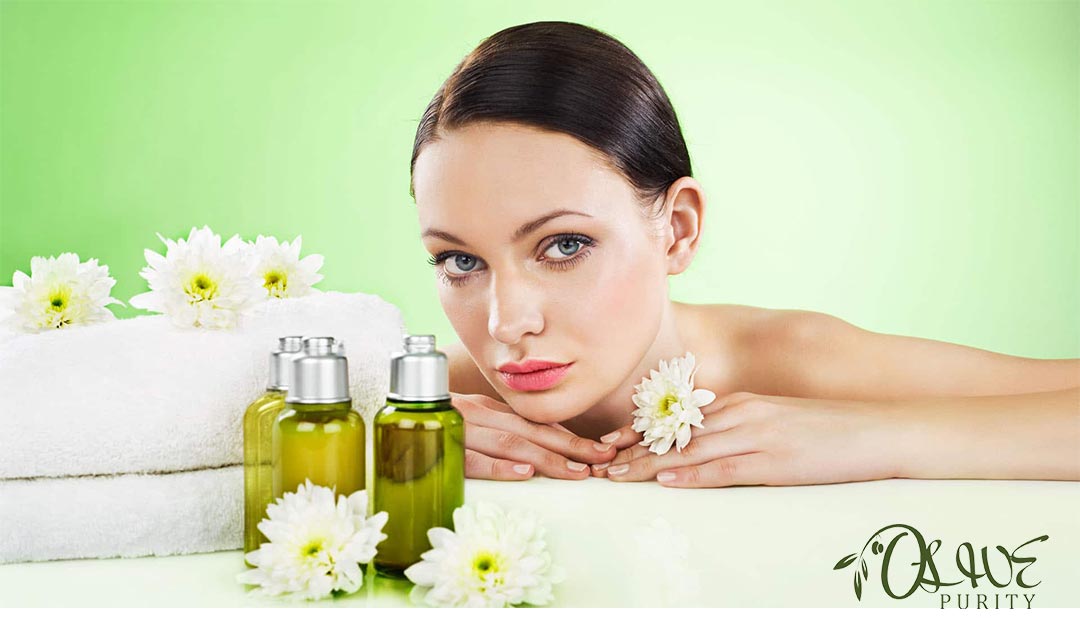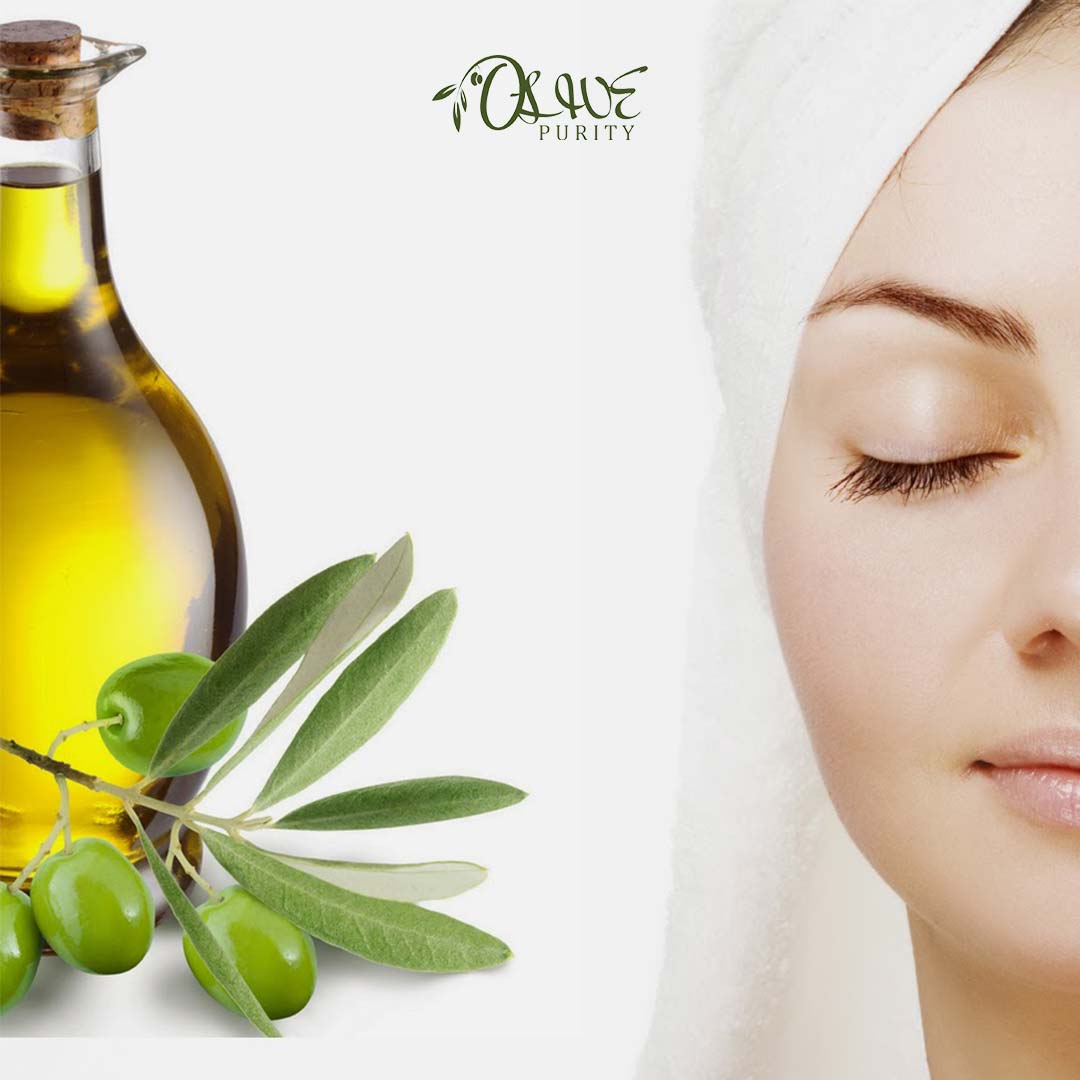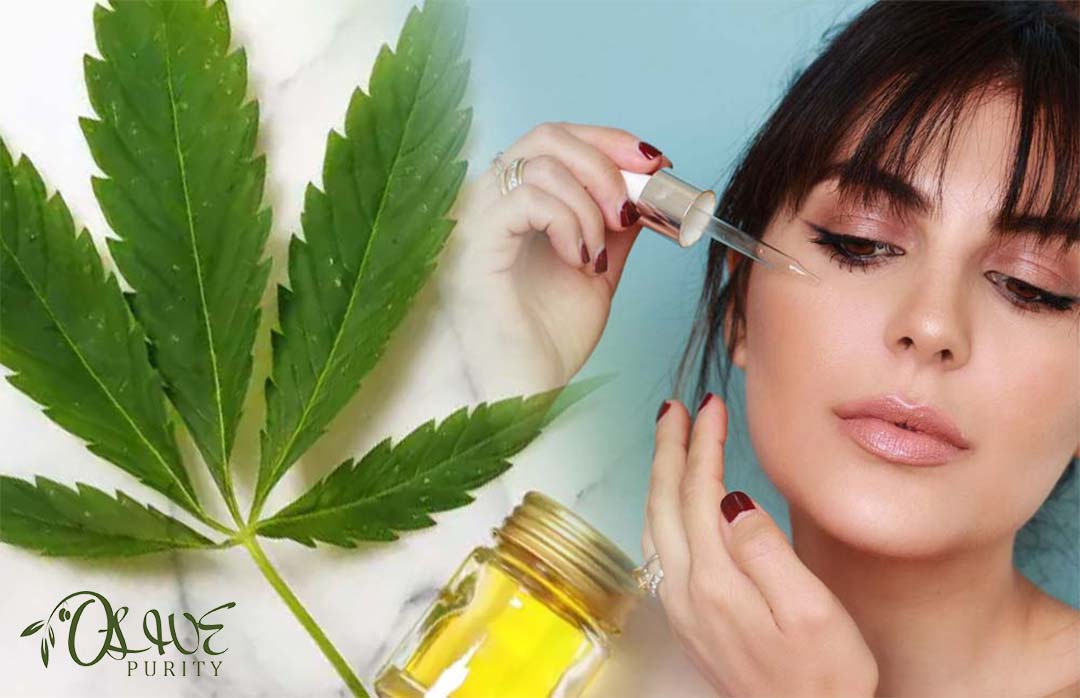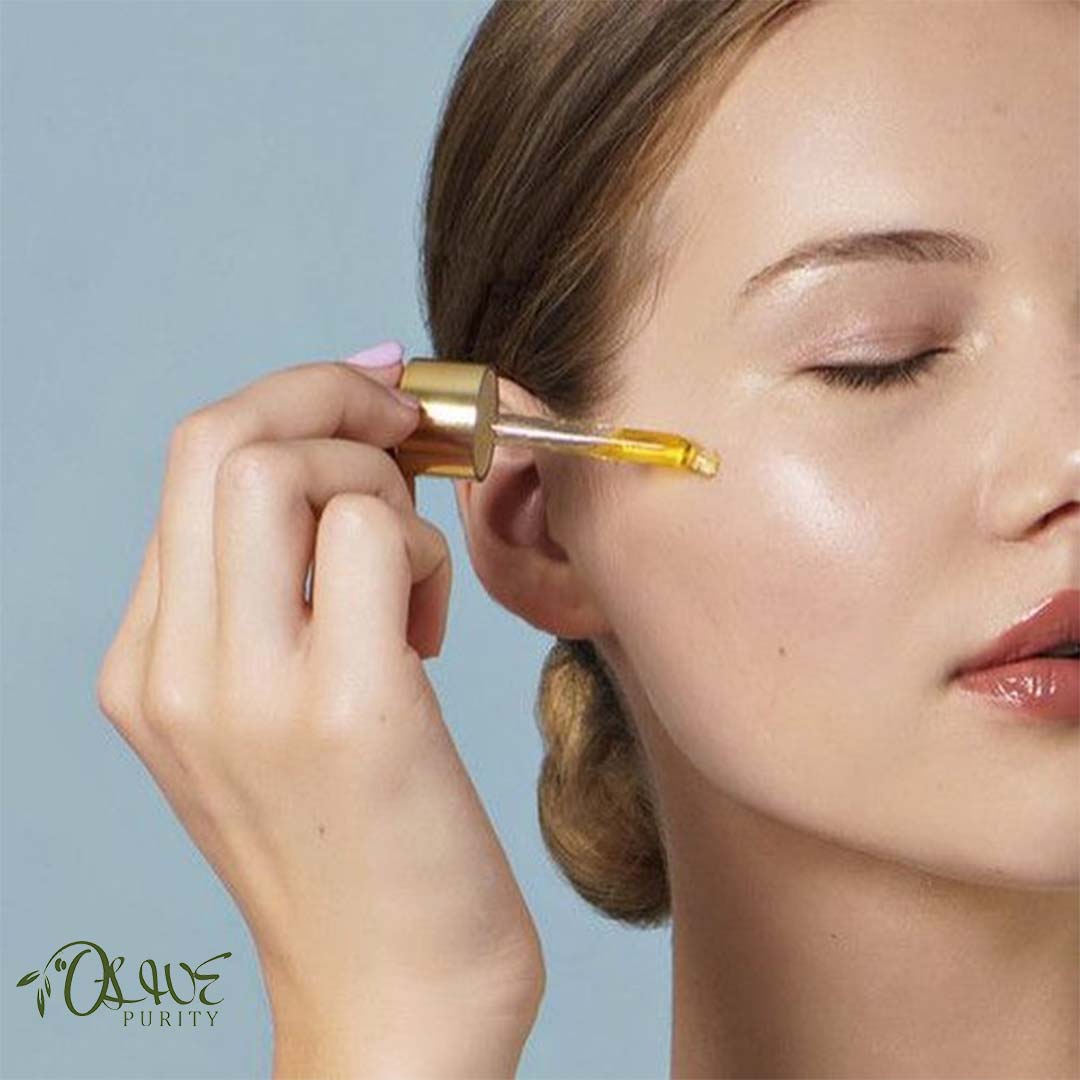Table of Contents
ToggleIs Olive Oil Comedogenic: A Detailed Guide
Olive oil, a staple in many kitchens, has also found its place in skincare routines. But a key question arises: Is olive oil comedogenic? This indicates, does it have the potential to clog pores and exacerbate skin conditions like pimples? know-how the comedogenic rating of olive oil is vital for anybody considering its use of their skin care routine, especially those with acne-inclined or touchy pores and skin. this article explores the blessings and disadvantages of the use of olive oil for skin, supporting you determine whether or not it’s a appropriate addition for your skin care ordinary.
Key Takeaways
- Olive oil is reasonably comedogenic, meaning it has a low to medium danger of clogging pores.
- Olive oil may be useful for acne-susceptible pores and skin whilst used carefully.
- There are numerous non-comedogenic oils that can be used for skin care, but olive oil is a famous desire because of its herbal and moisturizing properties
- Olive oil has many benefits for the skin, such as hydration, antioxidant protection, houses.
- It’s far vital to select a olive oil for skincare, consisting of greater virgin olive oil.
- Olive oil can be utilized in a spread of approaches at the skin, which include a moisturizer, purifier, or masks.
- Humans with touchy skin must do a patch test earlier than the use of olive oil on their face.
- Average, olive oil can be a secure and powerful element for skincare, but it’s far essential to apply it in moderation and pick out a oil.
Introduction: The role of Olive Oil in skin health
Olive oil, a crucial component of the Mediterranean food regimen, has transcended culinary boundaries to grow to be a valued element in skincare routines. A key question often arises: does olive oil clog pores? This article offers a thorough examination of the comedogenic rating of olive oil, evaluating its advantages and potential concerns, particularly for individuals with acne-prone or sensitive skin.
Understanding Comedogenic Ratings
Defining Comedogenic Ratings
Comedogenic ratings are a system used to gauge the likelihood of skincare products causing pore blockages, which can lead to acne. The scale ranges from 0, indicating non-comedogenic, to 5, signifying a high potential for clogging pores.
Olive Oil’s Comedogenic Rating
Olive oil’s comedogenic rating varies based on the source, but it is generally considered to be in the moderate range. This suggests that while it offers several skin benefits, it might pose risks for those with acne-prone skin.
The Skin Benefits of Olive Oil
Nutritional Profile and Skin Advantages
Olive oil is wealthy in vitamins, antioxidants, and essential fatty acids, which contribute to its pores and skin-nourishing properties. those components useful resource in hydrating the skin, fighting signs of getting old, and restoring the pores and skin’s natural barrier.
Olive Oil for Acne: A Balanced View
The use of olive oil for zits is a contentious topic. Its hydrating properties are beneficial, but its capability to clog pores calls for careful consideration, in particular for people with oily or zits-prone skin types.
Identifying the Best Olive Oil for Skin
The quality of olive oil matters significantly in skincare. Extra virgin olive oil for skin is often recommended due to its high purity and concentration of beneficial nutrients.
Application of Olive Oil in Skincare
Making Use of Olive Oil as a Moisturizer
Olive oil’s emollient traits make it a natural moisturizer, especially appropriate for dry skin. However, its comedogenic potential means individuals with oily or acne-prone skin should use it sparingly.
Extra Virgin Olive Oil: A Superior Choice for Skin Health
Extra virgin olive oil, known for retaining a higher nutrient content than its refined counterparts, is often considered the optimal choice for skin health due to its purity and effectiveness.
Olive Oil’s Suitability for Sensitive Skin
Olive oil is a gentle option for those with sensitive skin, offering a natural alternative to potentially irritating synthetic skincare products.
Alternatives: Non-Comedogenic Oils for Skincare
For those concerned about the comedogenic rating of olive oil, various non-comedogenic oils, such as jojoba, argan, and squalane, offer safer alternatives for acne-prone skin.
Comprehensive Understanding of Olive Oil in Skincare
Historical Context of Olive Oil in Beauty and Health
Olive oil’s history in skincare dates back to ancient civilizations, where it was revered for its healing and beautifying properties. Its enduring presence in beauty treatments highlights its effectiveness and versatility.
Scientific Research on Olive Oil and Skin Health
Current clinical research have similarly elucidated the position of olive oil in pores and skin health. those studies have confirmed its antioxidant, and hydrating houses, reinforcing its fame as a useful skin care ingredient.
Personalized Skincare: Tailoring Olive Oil Use to Individual Needs
Recognizing the unique needs of different skin types is crucial in utilizing olive oil effectively. Personalized approaches, considering factors like skin type, existing conditions, and environmental influences, are essential for optimizing its benefits.
Practical Tips for Incorporating Olive Oil into Your Skincare Regimen
DIY Recipes Using Olive Oil for Various Skin Types
- For dry skin: A nourishing olive oil and honey face mask.
- For combination skin: Olive oil mixed with aloe vera for a balancing effect.
- For aging skin: Olive oil combined with natural anti-aging ingredients like green tea.
The Role of Olive Oil in Cleansing and Exfoliation
Olive oil can be used in oil cleansing methods, particularly for removing makeup and impurities from dry skin. It can also be combined with natural exfoliants like sugar or salt for a gentle scrub.
Frequently Asked Questions
Can olive oil clog your pores?
With a rating of two on the scale, olive oil is slightly comedogenic, meaning it may clog pores for those who have acne-prone skin. That said, everyone’s skin is different, so those looking to experience the benefits of olive oil for the skin should try a spot check to see how their skin reacts.
Does olive oil bring pimples?
“Olive oil is a naturally heavy oil, making it a breeding ground for bacteria that can clog pores and cause acne,” says Dr. Gohara. Of course, everyone’s skin is different, and some acne-prone people may have no problem slathering on olive oil every night, while others may find that it breaks them out.
Is olive oil good or bad for OILY skin?
Olive oil is also not recommended for those who have very oily skin or eczema, as it may cause further damage to the skin according to studies [3]. That is because it is a heavy oil and may lead to clogged pores and acne .
Does olive oil lighten skin?
Extra virgin olive oil (EVOO) has little effect on skin lightening. It does not reduce the melanin pigment or increase the exfoliation of dead skin cells. However, EVOO can prevent sun damage and pigmentation. In addition, it can also treat redness and wrinkles on the skin.
Can I apply olive oil on my face overnight?
Sure, olive oil is a surprising oil you can use in your face. It enables to remove dark circles, darkish spots, blemishes, and symptoms of getting old. if you have dry pores and skin you can use olive oil on your skin in a single day however if your skin is oily it’s better which will use it in day time for 2 hours.
Conclusion: Is Olive Oil Comedogenic?
In conclusion, the comedogenic rating of olive oil indicates it may not be universally suitable, particularly for acne-prone skin. However, its undeniable skin benefits, including hydration and nourishment, make it a valuable addition to skincare routines for many. The key lies in understanding your specific skin type and needs.
Appendices
Table: Comedogenic Ratings of Common Skincare Oils
- Olive Oil: Moderate
- Jojoba Oil: Low
- Argan Oil: Low
- Coconut Oil: High
Quick Guide: How to Use Olive Oil in Skincare
- As a moisturizer: Apply sparingly to dry areas after cleansing.
- In facial masks: Combine with ingredients like avocado for a hydrating mask.
- As a cleanser: Use with a damp cloth for gentle makeup removal.
By thoroughly understanding the comedogenic rating of olive oil and its multifaceted role in skincare, individuals can make informed choices about incorporating it into their routines, whether for addressing acne, enhancing hydration, or overall skin health. Remember, the best olive oil for skin is typically extra virgin olive oil, prized for its quality and nutrient richness.














